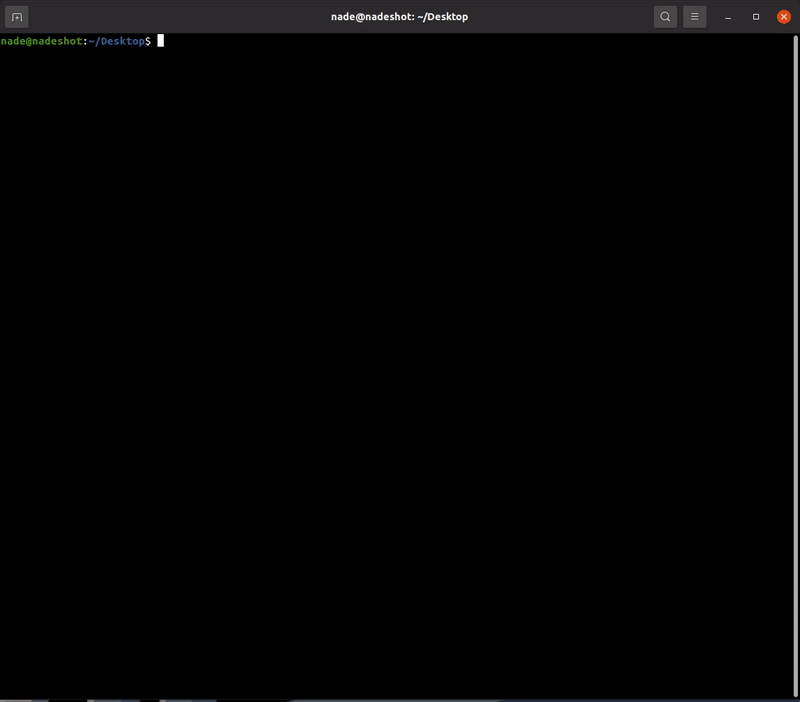A simple scanner/exploitation tool written in GO which automatically exploits known and existing gadgets (checks for specific variables in the global context) to perform XSS via Prototype Pollution. NOTE: The program only exploits known gadgets, but does not cover code analysis or any advanced Prototype Pollution exploitation, which may include custom gadgets.
Make sure to have Chromium installed. No need to worry, setup.sh will automatically install that for you.
- Run the following command to clone the repo:
git clone https://github.com/kleiton0x00/ppmap.git- Change the directory to ppmap and execute setup.sh:
cd ppmap/ && bash setup.shThat's it. Enjoy using ppmap!
- Note: If you face error during manually compiling or during the setup (for some reasons), you can download the precompiled one:
- Download the already compiled binary here
- Give it the permission to execute
chmod +x ppmap
Using the program is very simple, you can either:
-
scan a directory/file (or even just the website itself):
echo 'https://target.com' | ppmap -
or endpoint:
echo 'http://target.com/something/?page=home' | ppmap
For mass scanning:
cat url.txt | ppmap where url.txt contains all url(s) in column.
Feel free to test the tool on the following websites as a part of demonstration and to also check if the software is working correctly:
https://msrkp.github.io/pp/2.html
https://ctf.nikitastupin.com/pp/known.html
https://grey-acoustics.surge.sh
- Identify if the website is vulnerable to Prototype Pollution by heuristic scan (via location.hash and location.search)
- Fingerprint the known gadgets (checks for specific variables in the global context)
- Display the final XSS payload which can be exploited
Many thanks to @Tomnomnom for the inspiration: https://www.youtube.com/watch?v=Gv1nK6Wj8qM&t=1558s
The workflow of this program is hugely based on this article: https://infosecwriteups.com/javascript-prototype-pollution-practice-of-finding-and-exploitation-f97284333b2
The fingerprint javascript file is based on this git: https://gist.github.com/nikitastupin/b3b64a9f8c0eb74ce37626860193eaec
- 14/06/21: Intigriti Bug Bytes #131 - Tool of the week
- 26/06/21: Hackin9 - Article
- 23/09/21: GeeksForGeeks - Article
- 22/10/21: Hacktricks - Client Side Prototype Pollution
- 04/06/22 BlackArch Linux - Officially added in BlackArch Linux 🎉

